|
Client-centred
rehabilitation services
In a welcoming environment of
camaraderie and sense of family, clients are empowered and
encouraged to reach their potential. The focus is on the individual
client’s goals, interests and aspirations which form the basis of
rehabilitation.
|
|
 |
At the
Strive Rehabilitation
we philosophically follow a social model
and provide strong support and
sufficient resources for people to
accomplish their own self-determined
goals. |
|
 |
Rehabilitation goals are measurable, time-framed, regularly
reviewed and achieved through a great variety of group and
individual
activities. |
|
 |
We provide a
safe, supportive and therapeutic community environment |
|
 |
Personal
strategies are developed and practised which promote
independence, social connection and transfer to the home and community. |
Referral
We welcome enquiries from a health
practitioner such as occupational therapist, speech and language
therapist or social worker, GP, family members or individuals
themselves.
If you would like to know
more about the referral process please
contact:
Terry
Lloyd-West
Service Manager
Email:
tlloydwest@striverehabilitationpn.org.nz
Ph: (06) 354-6728, extension 605

Funding agencies
Most people attending
Strive Rehabilitation Manawatu are funded by:
-
ACC -
for those with a moderate to severe
traumatic brain injury, as a result
of an accident
-
Ministry of Health through Enable NZ NASC
and Supportlinks - for those with
strokes and other neurological
conditions.
-
Self-funding
is also an option for a person with a recognised or diagnosed
acquired brain injury.
|
Social
Connectedness
Social
connectedness refers to the relationships people have with others
and the benefits these relationships can bring to the individual,
their own health and well-being, and the ripple benefits to their whanau, family, as well as to society in general.
This social
environment is a unique mix of workplace and family and provides a
supportive therapeutic community to assist with positive behavioural
change and promote gains in confidence and independence.
|
|
 |
Clients at
Strive are provided with opportunities to interact
constructively with others while working in groups, both on site
and out in the wider community. |
|
 |
Peer
support, personal experience and social skills training can
assist with joint problem solving of any social challenges. |
|
 |
Clients are
supported to re-connect with people and groups that are
important in their lives, or experiment and try something new. |
|
 |
Developing
communication partnerships and conversation skills are an
important focus which support competency and positive social
interactions. |
Prevocational
Services
The unique workplace environment at
Strive Rehabilitation
and the varied activities clients are involved in, help promote the
development and practise of effective workplace behaviours.
|
|
 |
Real work,
development of roles and responsibilities, and the completion of
basic household tasks are actively encouraged on a daily basis. |
|
 |
Skill
development and training can include punctuality, workplace
dress code and conversation, ability to follow oral and written
instructions, completion of tasks, managing fatigue, and keeping
work spaces tidy and safe. |
|
 |
Clients are
supported to self-identify areas of skill and interest and
develop a basic CV in preparation for possible work
opportunities. |
|
 |
Clients are
encouraged and supported to engage in brain injury education and
development of insight about their capabilities. |
|
 |
Opportunities
are provided for volunteer work experience in the
community where possible. |
|
 |
Clients are
encouraged to participate in any relevant training opportunities
and courses offered on site and out in the community. |
Training for Independence
Strive Rehabilitation Manawatu has an interdisciplinary
team of staff specialised in providing rehabilitation to assist
clients regain their confidence and functional independence with a
return to participating in their life roles where possible.
|
|
 |
Clients have
individualised, goal directed programmes which focus on
assisting them to return to maximum functioning. |
|
 |
Well-trained
staff are experienced in assisting clients to achieve their
goals through the provision of appropriate rehabilitation
strategies, therapeutic interventions, and training and
education. |
|
 |
Managing
fatigue and sensory overload and the use of daily pacing
strategies are practised on site and assist with recovery and
effective function. |
|
 |
Training may
evolve around establishing daily routines and implementing
strategies such as use of a weekly schedule, a daily diary or
menu planner. |
|
 |
Staff
support and joint problem solving may focus on areas such as
family and household responsibilities, budgeting, menu planning,
shopping, baking and cooking, laundry tasks, or personal health
and hygiene. |
|
 |
Clients may
be continuing with study, or starting study in new areas of
interest, or interested in volunteering, and will be supported
along this pathway. |
|
 |
Qualified
staff can assist with reading, writing and numeracy skill
training. |
|
 |
Physical
fitness can be improved by being involved in a variety of
specialised sessions and also everyday household physical
activities. |
|
 |
Of equal
importance is social participation in recreational activities,
events and exhibitions of interest in the community. |
|
 |
Clients with
identified transport and mobility goals can be supported to
learn the bus system, use taxi vouchers, learn to ride a bike,
or be supported with transition to use of a walker or mobility
scooter. |
|
The team
approach is crucial to achieving the best outcomes for the
client. We seek to include each client’s family/whanau, support
person, GP, educator, and funding organisation as appropriate,
to achieve gains in independence with improved life satisfaction
for each client. |
Daily Living Skills
Everyday activities can sometimes
present challenges for people after brain injury, especially those
involving sequencing.
Numbered steps, good routines and
plenty of repetition and practice can assist in re-learning, or
developing new strategies, to cope with daily life
|
Physical Activities
Strive Rehabilitation
offers a wide variety of physical activities people can do within
their rehabilitation programmes. These can be a lot of fun and help
develop the person both physically and cognitively within the social
setting. The exercises are geared for different levels of ability
and fitness and are done either standing up or sitting down.
Regular
activity sessions and programmes are designed for a variety of
benefits:
|
|
 |
Brain gym to
specifically exercise both sides of the brain. |
|
 |
Programmes
such as walking, recumbent cycling, swimming and base activities
for fitness and stamina. |
|
 |
Group
sessions for fitness, flexibility, strength, balance and
coordination. |
|
 |
Tai chi for
strength, balance, coordination and brain gym. |
|
 |
Group sports
such as boccia, petanque, indoor bowls, table tennis and
volleyball for fun and teamwork. |
|
 |
Water-based
activities at the Lido swimming complex for swimmers and
non-swimmers. |
|
 |
Activities
using technology
exercise: Wii Fit provides fun sport activities, fitness and
balance opportunities. |
|
 |
Group short
courses such as Hand and Arm Therapy. |
|
 |
Household
and gardening tasks to maintain daily fitness. |
Communication
The Service facilitates a weekly
Communication Group for people living with aphasia (a
communication condition after stroke which can affect people’s social
communication). A Speech Language Therapists attend the group
monthly and provides general oversight.
The goals of the group are to
increase participation in communication and conversation, and to
increase confidence and build self-esteem through the following
activities:
|
|
 |
Group sharing and
discussion |
|
 |
Aphasia education |
|
 |
Building positive
communication partnerships and friendships |
|
 |
Socially connecting with
friends and people in the community |
|
During tea and lunch breaks everyone is encouraged to hone their conversation skills by: |
|
 |
Actively listening to
their conversation partners |
|
 |
Using open-ended
questions and encouragers |
|
 |
Observing and responding
to body language |
|
 |
Taking turns |
|
 |
Using extending questions |
Workshop
The workshop activity is based around woodworking
where clients are supported to improve skills in a practical, safe
environment using hand tools to make projects. During this process
the tutor can assess for abilities that the client may well be
unaware of and encourage their development. The engagement by the
client in tangible work can be absorbing, providing good therapy
opportunities and greatly improved self esteem.
|
|
 |
Simple
breadboard, spoon, key ring projects begin the process of
rebuilding and improving physical skills like hand-eye-
coordination and manipulation. |
|
 |
More complex
stool, tray, children’s toy work can help fine motor control,
accuracy and stamina. |
|
 |
Clients are
encouraged to improve cognition using concentration, attention
and memory during tasks making the project. |
|
 |
They can
also develop motivation, self control and coping skills in a
challenging environment. |
|
 |
Decorative
finishes like pokerwork can be applied which allows an outlet of
self expression and creativity for the client. |
|
 |
While
completing the project there are moments to measure their own
progress and evaluate how well they are doing. |
Computer Skills
Strive Rehabilitation Manawatu
has a modern computer
suite and specialist staff to assist clients in all aspects of
computing.
|
|
 |
Clients are
able to access the Internet for research as well as web-based
email and social media. |
|
 |
Clients are
also supported to further develop computer skills such as touch
typing, word processing, spread sheeting, web design,
PowerPoint, desktop publishing and database. |
|
 |
Several
clients contribute articles for publication in our quarterly
newsletter or assist us by producing brochures,
notices, labels and alike. |
|
 |
Our
computers are installed with a variety of cognitive games and
applications to support a client’s rehabilitation goals.
|
|
 |
Computer
sessions have been designed according to each client’s
individual needs and abilities. |
|
 |
Several
clients have been supported to achieve formal NZQA
qualifications such as the National Certificate in Computing.
Clients receive tutor support throughout their course, as well
as extended timeframes on assignments.
|
Gardening
and Horticulture
At the West Street site large grounds provide
opportunity for outdoor work activity and skill training for
clients. When people learn how to garden, it can give them a release
from their problems and help them to relax. Gardening is therapeutic
and helps provide balance in our lives with a blending of the mind,
body and spirit.
|
|
 |
Clients can
be guided through the gardening process from seed to bloom, or
learn propagation from cuttings while working in the shade
house. |
|
 |
There is
opportunity for growing vegetables in raised beds, maintaining
courtyard gardens and producing potted hanging baskets. |
|
 |
We actively
recycle, compost and have a worm farm which can provide areas of
interest and activity for clients. |
|
 |
Gardening
provides opportunity to improve motor skills and increase
functional physical activity. This may include adaptation of
equipment and tools to enable transfer to home thereby
contributing to the household and improving self esteem.
|
|
 |
Being
involved in small landscape projects, clients may develop
aesthetic design awareness and improve problem-solving skills. |
|
 |
The
development of gardening and horticulture skills can provide
opportunities for volunteer and possible paid work. |
Art &
Craft
There is a great
selection of art and craft activities for clients both onsite and
offsite. These skills which clients have an opportunity to learn can
be transferred into their homes or the community. Through the act of
having new experiences, ideas, and creating things, we can discover what is
important to us.
Skill
development is encouraged with participation in courses or weekly
sessions. The use of visual diaries for planning, motivation,
problem solving and completion of projects is supported.
Group art is
very therapeutic and seeks to
fulfil the innate desire to be productive, seek creative autonomy
and as an outlet for self-expression. Some examples of creative
opportunities are:
|
|
 |
Mosaics
|
|
 |
Painting |
|
 |
Drawing |
|
 |
Card making |
|
 |
Collage |
Community Connections
Community-based
rehabilitation is a journey toward a new and valued sense of
identity, providing hope and purpose, and with support, assisting
with adjustment to a changed life and new roles. It embraces social
inclusion, connectedness and empowers the client to live well and
participate successfully in the community.
Staff work in partnership with the client to
establish, or re-connect with, natural support networks that are
important to them. They also look outward and support the client to
find and use community services, supports, and resources. The
therapeutic group activities provide peer support and encouragement
to experiment, to try something new.
Some weekly group activities that
take place in the community are:
|
|
 |
Swimming and
water-based exercise at the Lido Aquatic Complex |
|
 |
Following
music and leisure interests, genealogy research, watching
historical videos, at the PN city library |
|
 |
Ten pin
bowling at Bowlarama |
|
 |
Sports and
tabloid events at the Indoor Sports Arena
|
|
 |
Art at
NOA (Te Manawa) |
|
Community
outings provide an opportunity to explore
and enjoy what is available in the city and rural communities, as
well as providing opportunity for social connection and practise of
communication and conversation skills.
Some examples
are:
|
|
 |
Visiting
exhibitions at Te Manawa, the City Art Gallery and Square Edge
and at Te Papa in Wellington
|
|
 |
Singing to
residents at various rest homes around the city |
|
 |
Christmas
and mid-winter lunches at the Cosmopolitan Club with the Stroke
Club and Brain Injury Central Districts |
|
 |
Enjoying
music events in the Square |
|
 |
Playing
indoor bowls with Summerset Village residents |
|
 |
Visiting
artists and crafts people in their studios at Apiti, Paraparaumu
and Marton |
|
 |
Celebrating
Matariki and Diwali
|
|
 |
We have an
annual exchange with Strive Rehabilitation @ Hawke's Bay where each
Service takes turns to host the 3-day experience, providing
an interesting schedule of events culminating in the Cup
competition. Accommodation is often on a marae or at shared living
cabin sites. |
Brain
Injury Education
Education is an essential part of rehabilitation. At
Strive Rehabilitation
we provide quality education about the brain, brain injury and its
effect, as well as proven strategies and interventions to assist
with functional rehabilitation.
We use a variety of media to assist with learning
including PowerPoint, YouTube and other video presentations and
documentaries, object lessons, discussions and personal sharing as
well as paper-based exercises and alike. The aim of all education is
to support the individual to become an expert on their own brain
injury.
As
well as helping clients to get the most out of rehabilitation,
education is also key in helping them and their families to adjust
to a new identity following the injury.
Common educational topics include: |
|
 |
Understanding brain function, particularly the functions of the
various lobes in the cerebral cortex |
|
 |
Understanding neuroplasticity and how the brain repairs itself
following an injury. |
|
 |
Managing
fatigue |
|
 |
Treatment
approaches including education, process training, strategy
training and functional activities training |
|
 |
Managing
behaviours |
|
 |
A model for
cognition which is divided into five hierarchical areas -
attention, visual processing, information processing memory and
executive functions. |
|
 |
How to
strengthen cognitive skills |
|
 |
Acceptance
and adjustment following brain injury
|


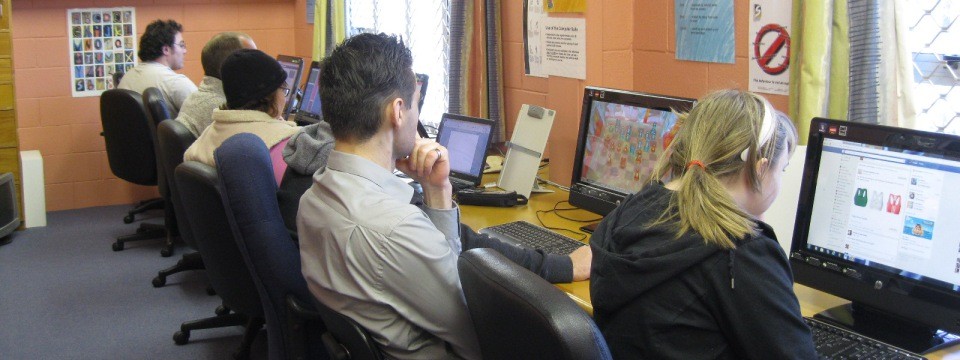

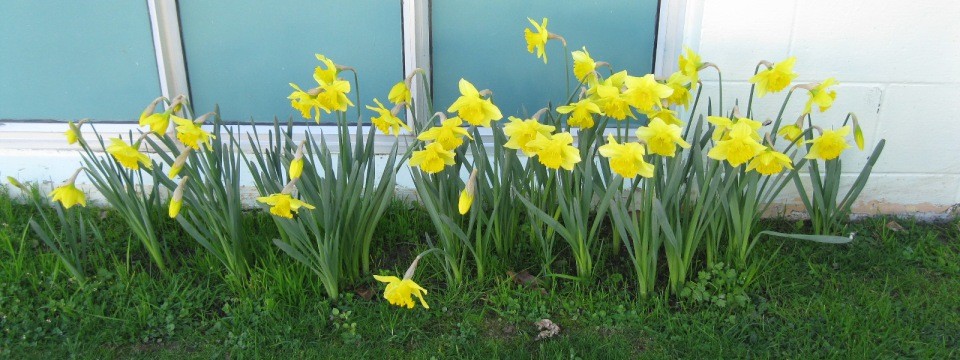
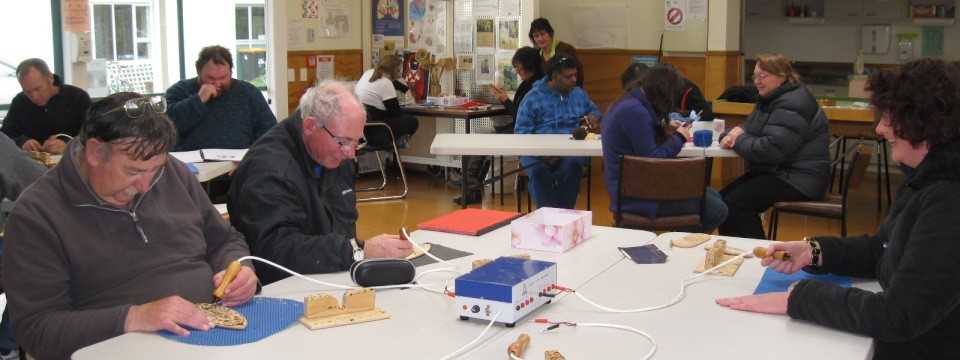
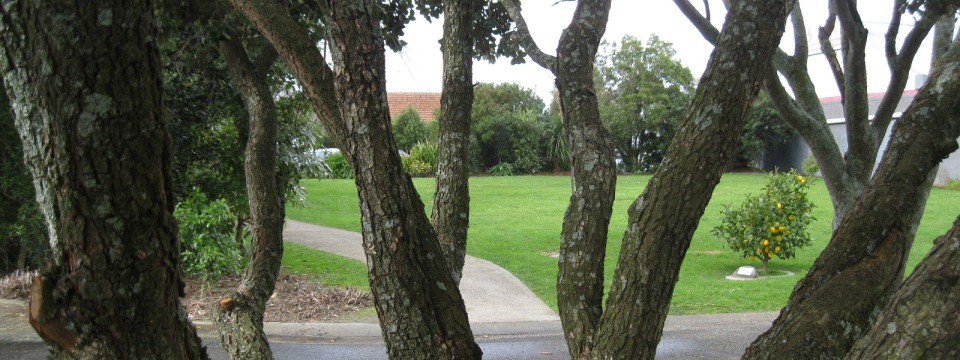
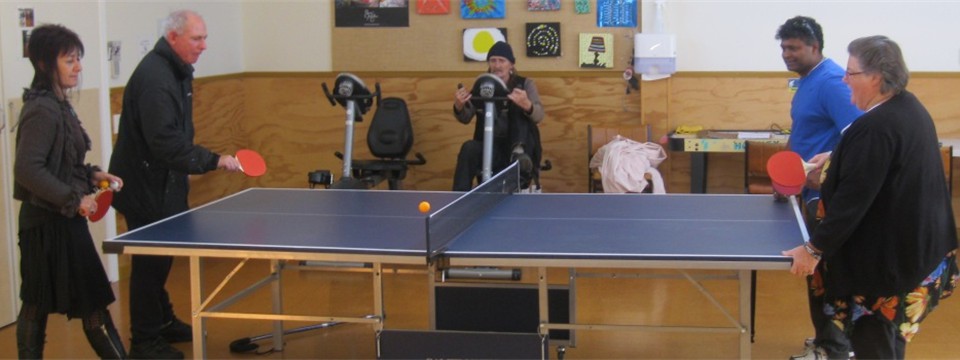
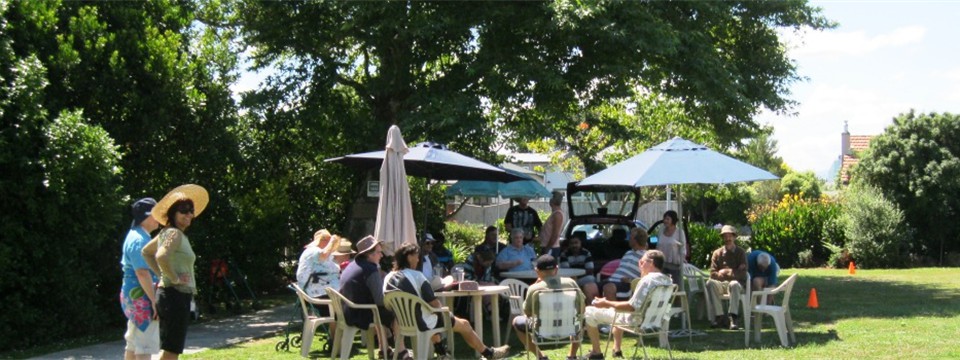

 3
3 4
4 5
5 6
6 7
7 8
8 9
9 10
10 11
11